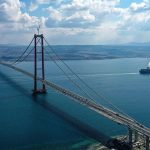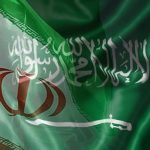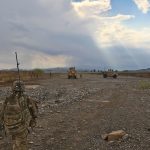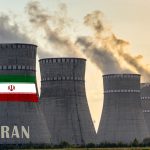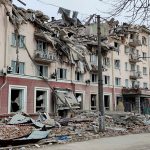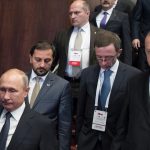Russian requests that the nuclear discussions with Iran be halted
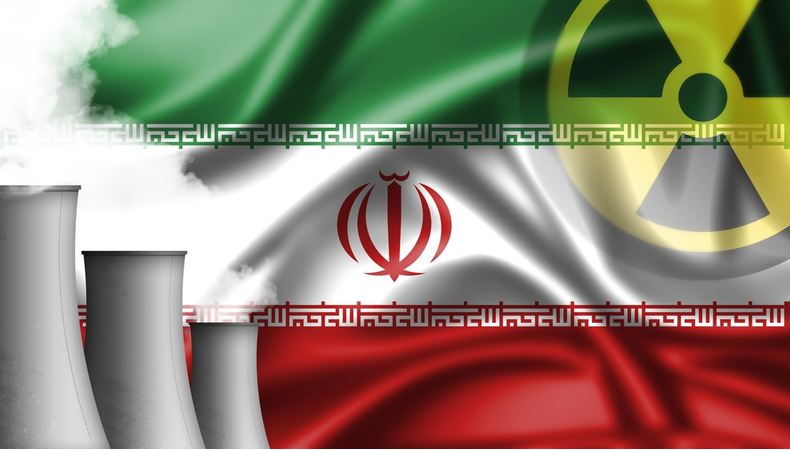

However, Russian Foreign Minister Sergei Lavrov has requested broad assurances that sanctions placed on Moscow over its invasion of Ukraine will not hinder Russian commerce with Iran, a demand that Western nations reject. If the negotiations break down, Tehran might be on the verge of gaining nuclear weapons, igniting a new Middle East conflict. Tehran claims it has never desired nuclear weapons. If an agreement isn’t reached, the West may reimpose harsher sanctions on Iran, further depressing international oil prices, which are already stretched due to the Ukraine crisis.
“Due to external reasons, a halt in #ViennaTalks is required,” European Union foreign policy head Josep Borrell stated on Twitter. “The final text is virtually complete and ready to go.” Washington made it clear that it has no intention of caving in to Russia’s demands, which it claims have nothing to do with the Iran nuclear discussions. Preparations were underway in Vienna a week ago for a weekend summit to finalize an agreement bringing Iran back into compliance with the deal’s constraints on its fast expanding nuclear operations, as well as putting the US back into the pact it exited in 2018.
Related Posts
The discussions had to be delayed, according to a senior EU source, to seek a reaction from Moscow when it was warned that its demands, which went beyond its nuclear obligations, could not be satisfied. Negotiating teams, including the US delegation led by Special Envoy Robert Malley, are returning to their capitals for talks, according to the US State Department.
Officials from the West say they share a common goal in avoiding a nuclear nonproliferation crisis, and that they have been on the same page with Moscow, one of the key players in the 2015 pact, which was ratified by a UN Security Council resolution. With the exception of Germany, all of the states negotiating with Iran are permanent members of the Council. An E3 official said that negotiating with Russia over a “wide exception that would be superfluous” to the nuclear deal is out of the question, and that if Moscow decisively rejects the accord, other global countries would have to look into other possibilities.
The official accused Russia of holding the Iran nuclear talks hostage, saying the agreement needed to be completed “immediately” since other external forces may jeopardize it. Diplomats predict that bilateral negotiations between Iran, Russia, and China will take place to try to break the impasse. “External problems must be overcome in the next few days or the accord will unravel,” Britain’s envoy Stephanie al-Qaq tweeted. Mikhail Ulyanov, Russia’s ambassador to the negotiations, disputed claims that Moscow was to blame for the discussions’ stalemate.
After meeting with EU coordinator Enrique Mora, he told reporters, “The completion of the accord does not rest just on Russia.” “There are other actors that require more time and have other issues, which are now being explored.” China’s ambassador Wang Qun, who appeared to be siding with Moscow, said discussions couldn’t take place in a “political vacuum” and that all parties’ requests had to be taken into account.




